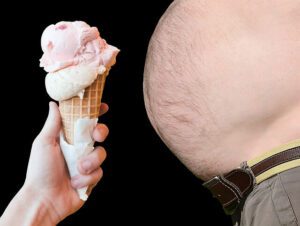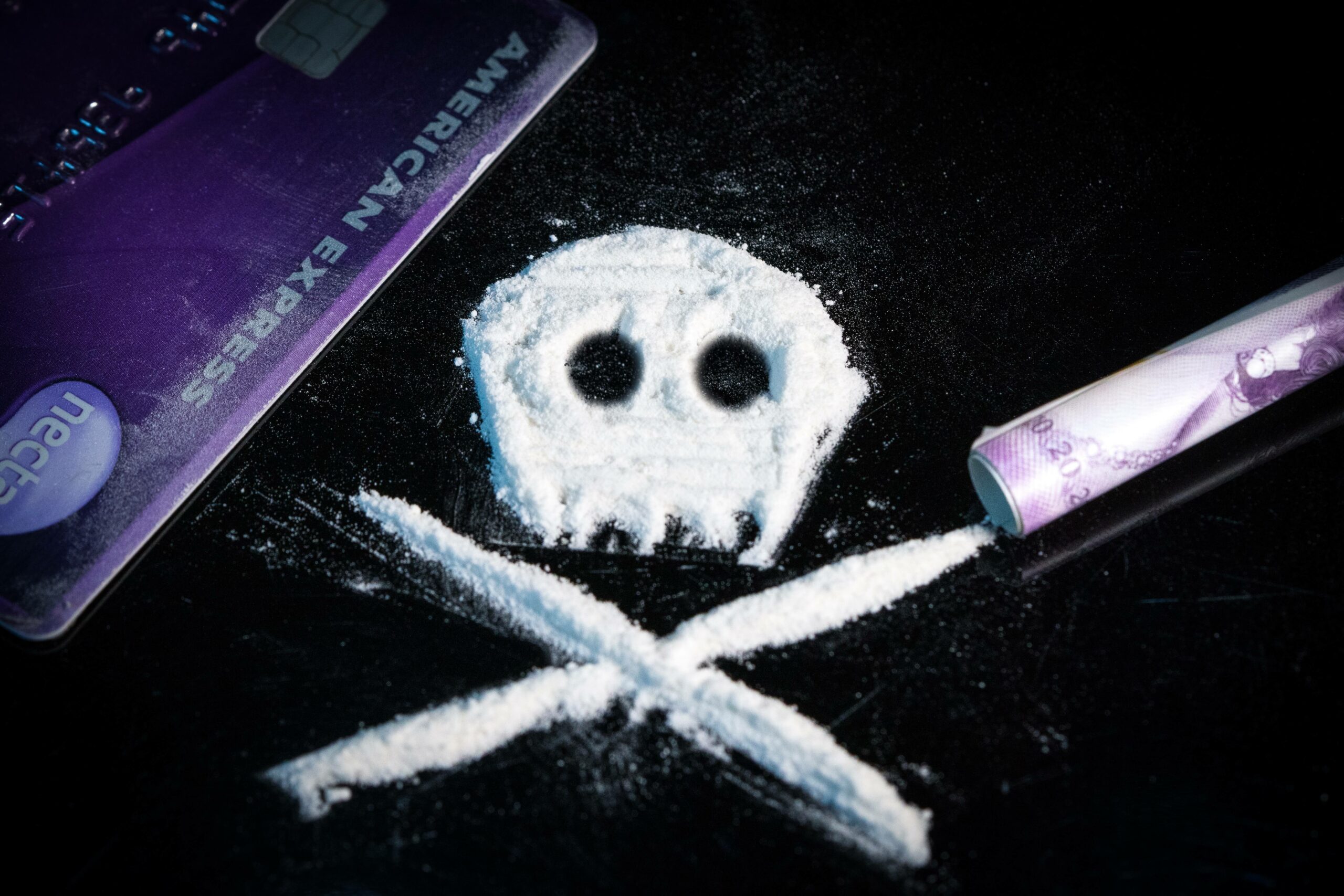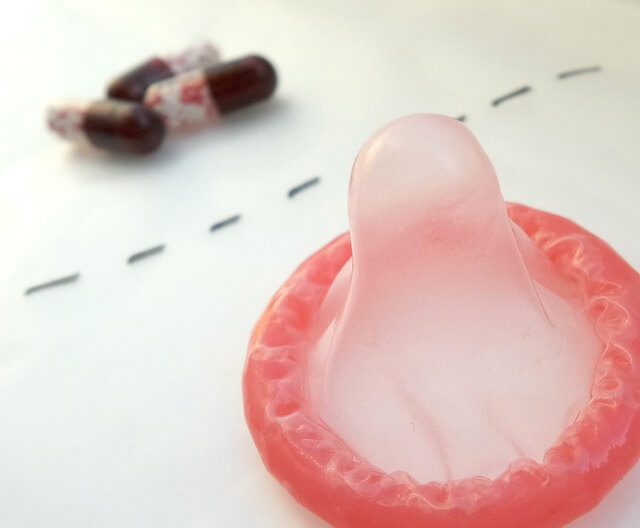Have you ever found yourself reaching climax too soon during intimate moments and wondering “Why am I having premature ejaculation?” If so, don’t sweat it! You’re not alone and we’re here to help.
First things first, it’s important to understand why this is happening to you so you can properly address it and improve your intimate experiences. Premature ejaculation can not only impact your confidence in the bedroom but also your overall enjoyment of sex. And let’s be real, who doesn’t want to enjoy every moment of that special time with their partner?
In this article, we’re going to dive into the nitty-gritty of premature ejaculation. We’ll discuss the causes, symptoms, and treatments for this common issue, as well as some fun tips and tricks to help you prevent it from happening. So, sit back, relax, and get ready to level up your intimate experiences. Trust us, you don’t want to miss out on this one!
So why are you experiencing premature ejaculation?
There are a variety of factors that can contribute to this issue, including psychological, biological, and lifestyle factors. Let’s take a closer look at each one:
Psychological factors
Psychological causes are one of the main reasons men experience premature ejaculation. Here is a list of psychological factors that can all contribute:
Anxiety
First up, anxiety! Performance anxiety can create a vicious cycle where the fear of premature ejaculation leads to rushed sexual encounters, which then increases the likelihood of it happening again. It can be a self-fulfilling prophecy, leading to a cycle of distress and dissatisfaction.
Stress
Stress can also have a big impact on sexual performance and can lead to premature ejaculation. When we’re stressed, our stress hormones, like cortisol, increase in our bodies and can interfere with sexual function. This can lead to difficulties with sexual performance, including premature ejaculation.
Depression
Depression can also affect sexual performance and increase the likelihood of premature ejaculation. It can impact various aspects of sexual function, from sexual desire to arousal, and the ability to orgasm. Additionally, depression can lead to difficulties in sexual relationships and feelings of low self-esteem, and decreased confidence.
Relationship problems
Finally, relationship problems can also contribute to sexual difficulties and premature ejaculation. Communication issues, conflict, or a lack of intimacy can all play a role. In some cases, relationship problems can worsen pre-existing PE, like if a man with PE becomes anxious about the problem and it contributes to the PE even further.


Physical factors
Several biological factors can contribute to premature ejaculation, including abnormal hormone levels, medical conditions, and certain medications. These factors can impact a man’s sexual performance and increase the likelihood of premature ejaculation:
Hormonal imbalances
Certain hormonal imbalances, such as low testosterone levels, and an unstable thyroid can contribute to premature ejaculation.
Medical conditions
Medical conditions, such as prostate problems or nerve damage, and diabetes can all lead to PE. As well as medical diseases there are also cases where the penis can have a tight frenulum that can contribute to premature ejaculation.
Certain medications
Certain medications, including some antidepressants, can have a negative impact on sexual performance, leading to premature ejaculation.
Erectile dysfunction
Another common sexual dysfunction many men suffered from is erectile dysfunction. if a man has ED or knows he is likely to get it at some point it can subconsciously make him want to get the encounter over as quickly as possible to avoid embarrassment, causing early ejaculation. often a man can suffer from both PE and ED.
Lifestyle factors
How you treat your body on a daily basis can affect your sexual function. Here are a few things that can contribute to early ejaculation:
Excessive alcohol consumption
Alcohol is a central nervous system depressant that can interfere with the normal functioning of the sexual response cycle, leading to decreased sensitivity and sexual arousal. This can result in difficulty achieving and maintaining an erection, as well as delayed or premature ejaculation.
Drug use
Certain drugs, including illicit drugs, can also impact sexual performance and increase the likelihood of premature ejaculation. Some drugs such as cocaine or marijuana can cause changes in the brain that lead to decreased sexual arousal and increased impulsiveness, which can result in premature ejaculation.
Smoking
Smoking can cause damage to the blood vessels, leading to reduced blood flow to the sexual organs and decreased sexual function. It can also increase the levels of oxidative stress, leading to the destruction of nerve endings in the sexual organs, causing premature ejaculation or impotence
Lack of physical activity
Physical inactivity can cause PE and is associated with a number of health problems, including cardiovascular disease, obesity, and insulin resistance. These health problems can reduce blood flow to the sexual organs and lead to sexual dysfunction, including premature ejaculation.
Poor diet
A diet that is lacking in essential nutrients, vitamins, and minerals can negatively impact a person’s overall health, including their sexual health and performance.
For example, a diet that is high in processed foods, sugar, and unhealthy fats can lead to weight gain, insulin resistance, and decreased testosterone levels, all of which can affect sexual function, and increase the likelihood of premature ejaculation.


Different types of premature ejaculation
PE can occur in several forms. Here are the two main types of premature ejaculation:
- Lifelong premature ejaculation: This type of PE refers to a persistent pattern of premature ejaculation that has been present since the onset of sexual activity.
- Acquired premature ejaculation: Acquired premature ejaculation develops after previously having a normal sexual function.
How is premature ejaculation diagnosed?
Premature ejaculation is usually diagnosed through a combination of a physical examination and a patient’s self-reported symptoms of premature ejaculation and sexual history. A healthcare provider or sexual health specialist may ask the following questions during the diagnostic process:
- When did premature ejaculation begin?
- How often do you experience premature ejaculation?
- Is premature ejaculation consistent or does it vary?
- How long does it take for you to ejaculate during sexual activity?
- Does premature ejaculation occur with every sexual partner or only with specific partners?
- Are there any other sexual or medical problems present?
- Have you tried any treatments for premature ejaculation before? If so, were they effective?
Based on this information, a healthcare provider can determine whether premature ejaculation is present and if additional testing, such as blood tests or physical exams, may be necessary to identify any underlying physical causes.
Different ways to treat premature ejaculation
There are plenty of premature ejaculation treatments available to you to help delay ejaculation. Here are a few examples to treat PE:
- Behavioral techniques: Certain behavioral techniques, such as the “squeeze method” or the “stop-start technique,” can help delay ejaculation by increasing control over the moment of ejaculation after being sexually stimulated.
- Medications: Selective serotonin reuptake inhibitors (SSRIs) and topical anesthetics are a few examples of medications that delay ejaculation by reducing sensitivity during sexual activity.
- Counseling or therapy: Talking with a mental health professional like a sex therapist or counselor can help address any psychological factors contributing to PE, such as anxiety, stress, or relationship issues.
- Pelvic floor muscle exercises: Strengthening the pelvic floor muscles through exercises like Kegels can help increase control over ejaculation and delay ejaculation.
- Medications to treat underlying medical conditions: If an underlying medical condition, such as a hormonal imbalance like a thyroid problem is causing PE, treating the medical condition may help resolve the PE.
It’s important to keep in mind that the most effective treatment to prevent premature ejaculation will depend on the individual and the underlying causes of PE. A healthcare provider or sexual health specialist can help determine the most appropriate treatment options based on a patient’s individual needs and circumstances.












